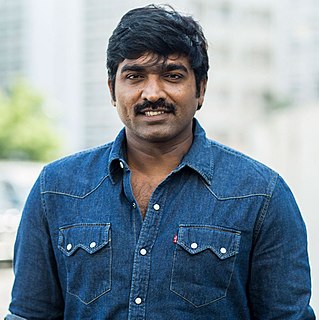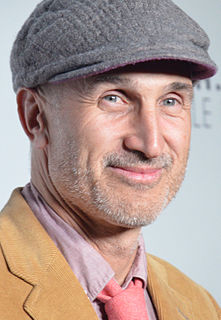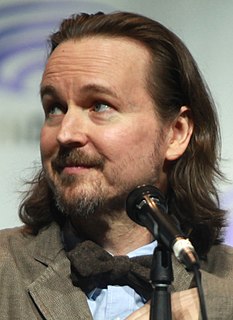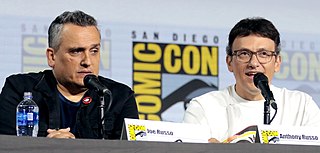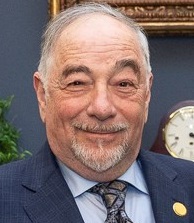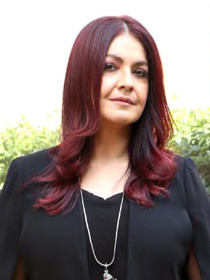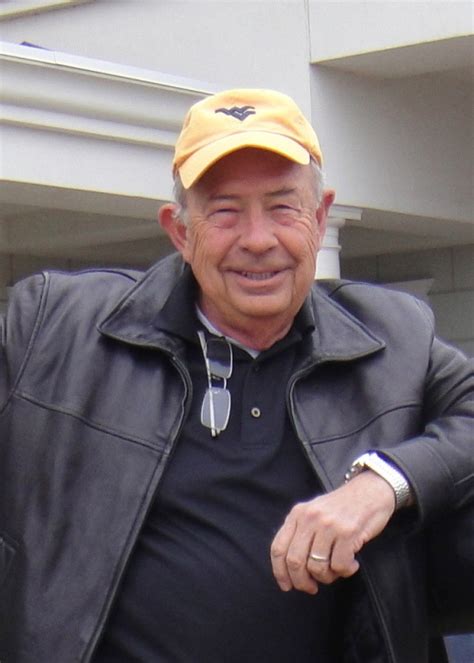A Quote by Wes Anderson
Usually when I'm making a movie, what I have in mind first, for the visuals, is how we can stage the scenes to bring them more to life in the most interesting way, and then how we can make a world for the story that the audience hasn't quite been in before.
Related Quotes
For people who are coming out of an oral tradition, it is very exciting to get into reading and writing and it is quite interesting how frequently people want to write their own story. Sometimes it is straight history - this is how we came about, how our town was created, a lot of that kind of effort, as soon as literacy came. The first thing you wanted to do was to put something down about who you are or how you are related to you neighbors. Then the next stage would be the stories, the cultural part of the story: this is the kind of world our ancestors made or aspired to.
The biggest threat to your creativity is the fear that it's already been done, said, created. (So why bother?)
Say it, do it, make it anyway - but tell YOUR story along the way.
The story of how you came to know what you know.
The story of what you want to know more of.
The story of why you do what you do.
The story of how you came to care.
And that's how you create what's never been created before.
How to make a scary movie human, take a movie like Sinister. How can I make that guy so real so that the scary elements of it are more scary and it functions as a genre movie - as the way it's supposed to, you want to hear a ghost story at midnight, that's a good one - but how do you fill it up with humanity inside, in staying true to the genre? You know? Does that make sense?
My whole effort is how to beautify this present moment, how to make people more celebrating, how to make people more joyous, how to give them a little glimpse of blissfulness, how to bring laughter to their life. Then the future takes care of itself. You need not think of the tomorrow, it comes. It comes out of this moment. Let this moment be of great celebration.
I have to go into the studio to make my second album knowing I'm making an album. When I first started making songs I didn't have an album in mind, that's why a lot of them I like - I'm talking about how I haven't got a deal, how I'm living, you can never really top the first time, but we'll see how it goes.
I've begun to believe more and more that movies are all about transitions, that the key to making good movies is to pay attention to the transition between scenes. And not just how you get from one scene to the next, but where you leave a scene and where you come into a new scene. Those are some of the most important decisions that you make. It can be the difference between a movie that works and a movie that doesn't.
I love when there's an obstacle to overcome, even for the audience to actually empathize with that character. I find that interesting, and then, how to work around that and make them relatable. That's something that you have to dig into the moments and into the performances and see how to play those situations that make them relatable.
You can put the camera in places where you may not necessarily be able to put it there if I don't do the stunt. If it's character and it's storytelling, then we do it. We design the things around me. I don't do it just to do a stunt. It's storytelling for me and how I can best bring the audience into the action, bring the audience into the story. And that's how we always look at at.







